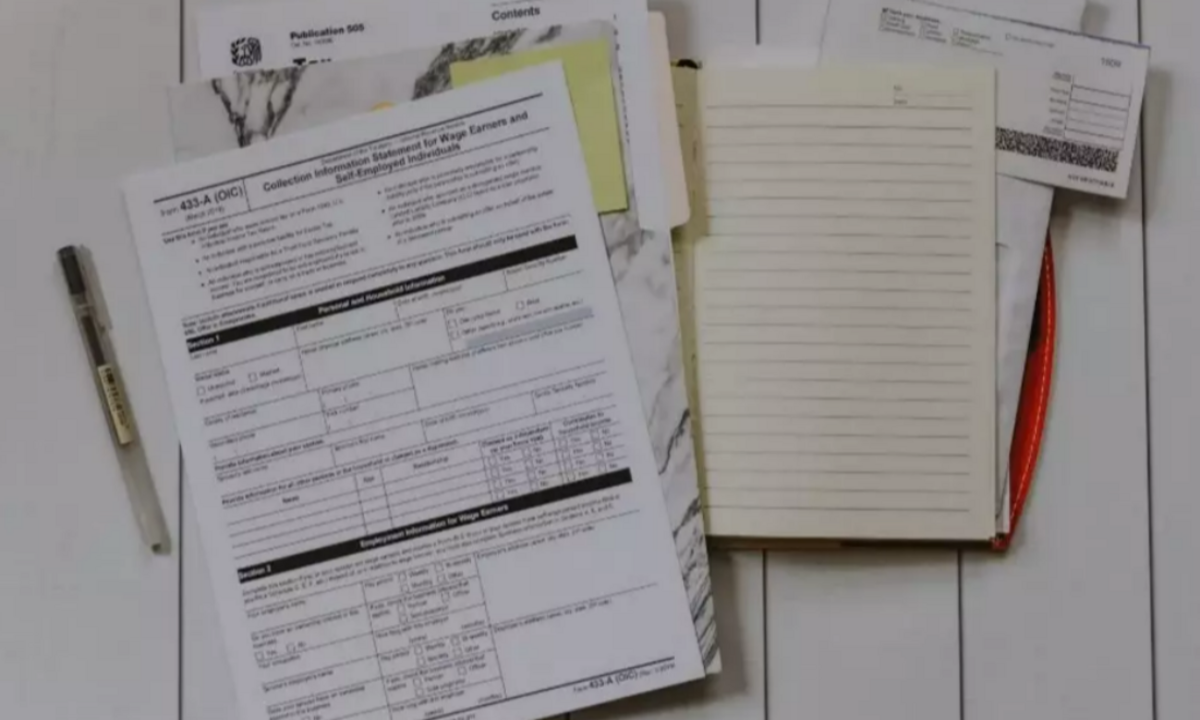Losing a loved one is an emotionally challenging experience, and it can also bring financial uncertainty, especially for those relying on Social Security benefits. Many wonder how their Social Security income will change after the death of a spouse. Understanding the process and benefits available can help ease the financial burden during this difficult time.
This article explains the options for surviving spouses, how much they can expect to receive, and what steps they need to take to access these benefits.
Who Is Eligible for Social Security Spousal Benefits?
According to the Social Security Administration (SSA), spouses may qualify for benefits even if they haven’t worked under Social Security. The eligibility criteria include:
Age Requirement: The spouse must be at least 62 years old.
Marital Status: The deceased partner must have been receiving retirement or disability benefits.
Can a Surviving Spouse Receive Benefits?
Yes, surviving spouses can receive benefits under certain conditions:
Early Benefits at Age 60: A surviving spouse may receive reduced benefits as early as age 60. However, they can switch to their own retirement benefits at age 62 if those benefits are higher.
Disability Benefits: A surviving spouse with a disability may qualify for benefits as early as age 50 if the disability began before or within seven years of their spouse’s death.
Caring for a Child: A surviving spouse can receive benefits at any age if they are caring for a child under 16 years old or a child with a disability who receives benefits.
Remarriage: Remarrying before age 60 (or age 50 with a disability) typically disqualifies a surviving spouse from receiving benefits.

How Much Will a Surviving Spouse Receive?
The amount a surviving spouse receives depends on various factors, such as their age and the deceased spouse’s benefit amount. Here’s a breakdown:
At Full Retirement Age or Older: 100% of the deceased spouse’s benefit amount.
Aged 60 to Full Retirement Age: Between 71.5% and 99% of the benefit amount.
Aged 50 to 59 with a Disability: 71.5%.
Caring for a Child Under 16 or With a Disability: 75%.
Do Benefits Change After Divorce?
Divorce does not necessarily affect a surviving spouse’s eligibility. A divorced spouse may still qualify for survivor benefits if:
The marriage lasted at least 10 years.
They are caring for the deceased’s child under 16 or with a disability.
The benefits amount remains the same as for a surviving spouse who was not divorced.
Is There a Lump-Sum Death Payment?
Yes, the SSA provides a lump-sum death payment of $255 to the surviving spouse if they meet specific criteria. Typically, the surviving spouse must have lived in the same household as the deceased or already qualified for benefits upon their spouse’s death.
What Happens to Social Security Benefits After a Spouse’s Death?
If the surviving spouse was already receiving spousal benefits, these benefits will automatically convert to survivor benefits after the death is reported.
Surviving spouses who are eligible for their own Social Security benefits can apply to receive the higher of the two benefits—either their own or the survivor’s. If a surviving spouse is already receiving their own benefits, they may switch to survivor benefits only if the survivor benefits are higher.
Reporting a Death to the Social Security Administration
It’s crucial to notify the Social Security Administration (SSA) as soon as possible after a loved one’s death. However, the SSA does not allow deaths to be reported online. Survivors must either call the SSA office at 800-772-1213 or visit their local office to report the death and apply for benefits.
Steps to Ease the Process
Gather Required Documents: Be prepared with the deceased’s Social Security number, death certificate, and marriage certificate.
Contact the SSA: Reach out promptly to avoid delays in receiving benefits.
Understand Your Options: Compare survivor benefits and personal benefits to determine which is higher.
Disclaimer—Our team has checked this article to ensure its accuracy and eliminate any misinformation. We are committed to providing clear and reliable information for our readers.




